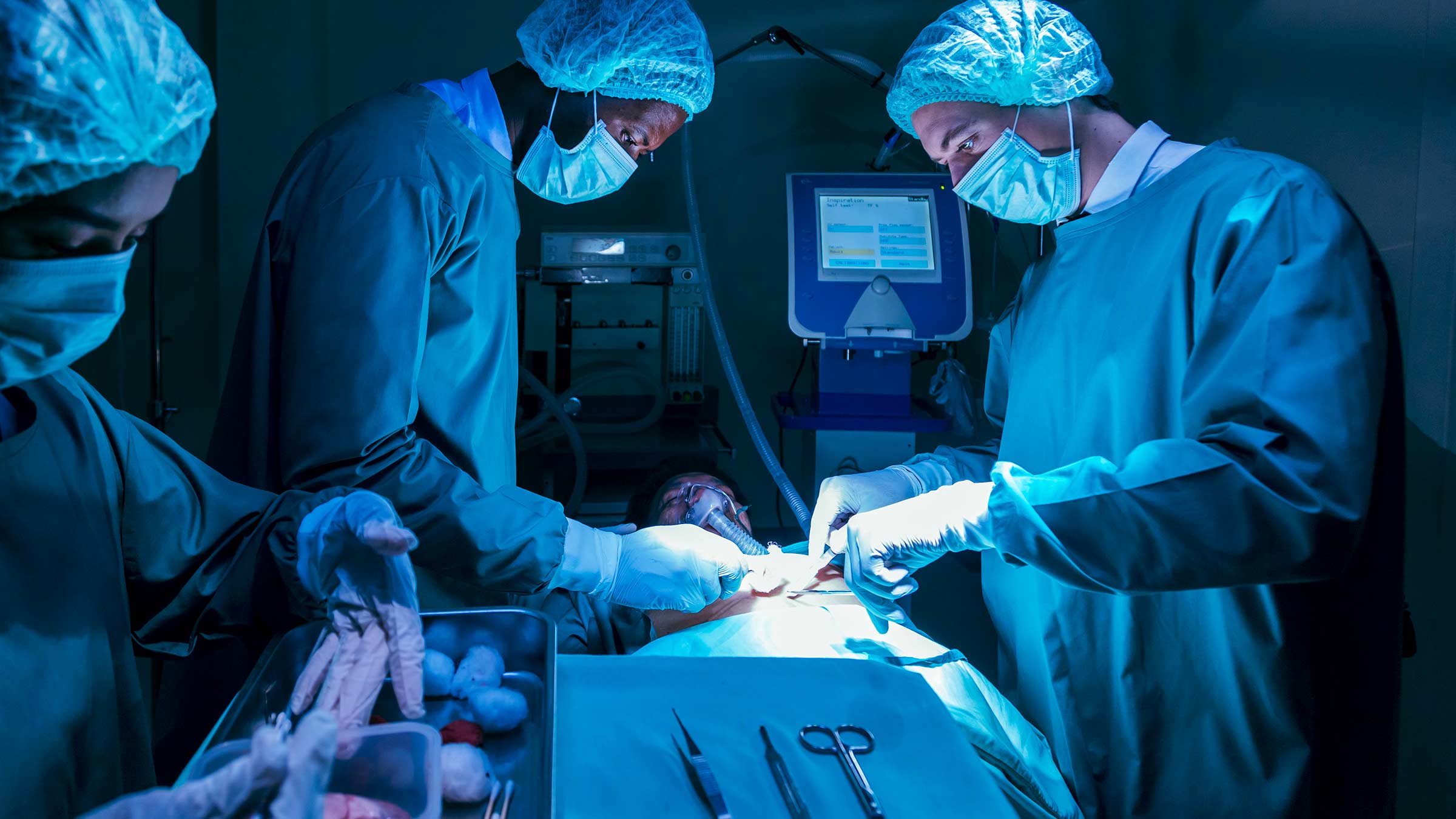
In a remarkable medical milestone, an 8-month-old baby in Hong Kong has received a life-saving heart transplant thanks to a cross-border organ donation from mainland China. This marks the second such successful procedure under a collaborative framework established between Hong Kong and mainland authorities.
A Successful Transplant for Baby Whitney
Baby Whitney underwent the heart transplant surgery at Hong Kong Children’s Hospital on Sunday, February 16, 2025. The procedure, which lasted 6.5 hours, was performed by a team of experts from the National Quality Control Centre for Health Transplantation in Beijing, in collaboration with local surgeons.
According to Simon Tang Yiu-hang, director of cluster services at the Hospital Authority, the heart was donated from the mainland after experts from both regions confirmed its suitability for Whitney. “Since there was no suitable recipient on the mainland, the mainland decided to send the donor heart to Hong Kong for transplanting to Whitney,” Tang explained.
Whitney is currently in the intensive care unit, with the first 24 hours post-surgery being critical for her recovery.

The Growing Need for Organ Transplants in Hong Kong
Organ transplants are often the only hope for patients suffering from end-stage organ failure. In Hong Kong, the demand for organs far exceeds the supply, leaving many patients on long waiting lists.
- Waiting Lists: As of 2025, there are over 2,000 patients in Hong Kong waiting for organ transplants, including kidneys, livers, hearts, and lungs.
- Kidney Transplants: The most common organ needed, with 1,500+ patients on the waiting list.
- Liver, Heart, and Lung Transplants: Hundreds of patients are also waiting for these critical organs.
The shortage of donors has made cross-border collaborations, like the one that saved Whitney, essential for addressing this life-saving need.
Why Organ Transplants Are Needed
Organ transplants are necessary for patients with irreversible organ failure caused by conditions such as:
- Kidney Failure: Due to diabetes, hypertension, or genetic disorders.
- Liver Failure: Caused by hepatitis, cirrhosis, or liver cancer.
- Heart Failure: Resulting from cardiomyopathy, congenital defects, or severe coronary artery disease.
- Lung Failure: Due to chronic obstructive pulmonary disease (COPD), cystic fibrosis, or pulmonary fibrosis.
For these patients, a transplant is often the only chance for survival and improved quality of life.
Is Organ Transplant Covered by Health Insurance?
The cost of organ transplants can be astronomical, making health insurance essential for coverage:
Public Healthcare:
- In Hong Kong, organ transplants performed in public hospitals are heavily subsidized, with patients paying only a nominal fee. However, waiting times can be long due to limited resources.
Private Healthcare:
- Private health insurance often covers organ transplants, including pre- and post-operative care. However, coverage varies by policy, and patients should check for exclusions or limits.
International Health Insurance:
- For expatriates or those seeking treatment abroad, international health insurance typically covers organ transplants, though pre-existing conditions may require additional riders.
Cost of Organ Transplants Without Full Insurance Coverage
For patients without full insurance coverage, the cost of an organ transplant can be prohibitive:
- Kidney Transplant: Approximately HK$500,000–HK$1,000,000 in private hospitals.
- Liver Transplant: Around HK$1,500,000–HK$2,500,000.
- Heart Transplant: Costs can exceed HK$2,000,000.
- Lung Transplant: Upwards of HK$2,500,000.
These costs include surgery, hospitalization, medications, and follow-up care, making insurance or public healthcare subsidies crucial for affordability.
A Beacon of Hope Through Collaboration
The success of Whitney’s transplant highlights the importance of cross-border collaborations in addressing the organ shortage. It also underscores the compassion and generosity of organ donors and their families, who make such life-saving procedures possible.
As Whitney continues her recovery, her story serves as a reminder of the power of innovation and cooperation in healthcare, offering hope to countless others awaiting organ transplants.
Conclusion: Are You Prepared?
With cross-border collaborations improving, the long waiting lists for organ transplants in Hong Kong may shorten significantly in the coming years. However, the high costs of these life-saving procedures remain a critical concern.
Have you prepared for these potential expenses? Ensuring you have the right health insurance coverage can protect you and your loved ones from the financial burden of organ transplants.
Contact us to discuss your needs and find a health insurance plan that offers comprehensive coverage for organ transplants and other critical medical procedures. Let’s work together to secure your health and peace of mind.


